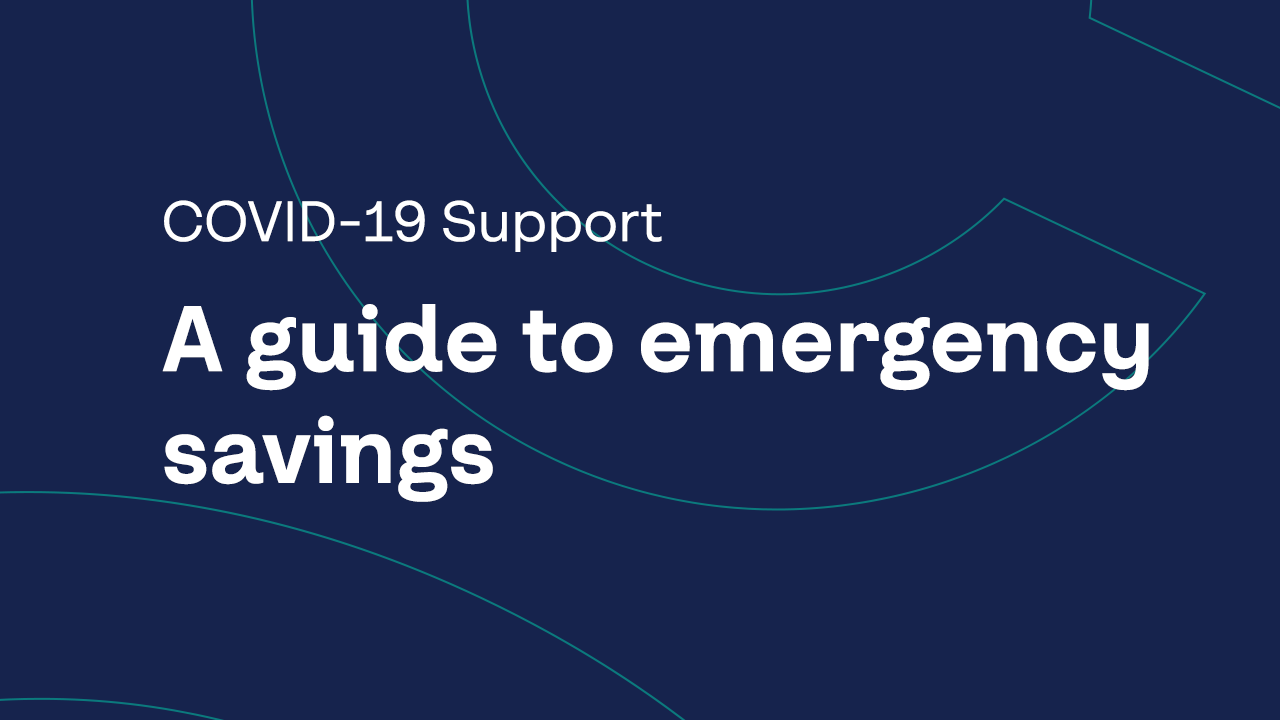It’s not fun to talk about, but what’s your plan to look after your family when you no longer can? This is where will and estate planning comes into play.
Why it’s crucial to have a will.
You want to ensure your family is looked after and your assets and money will be handled the way you want them to. If you pass away without a will, a court will appoint someone to administer your estate and distribute your assets according to legal guidelines. And it likely won’t be what you want for your loved ones.
Wills aren’t just for those who are in the later stages of life. If you’ve recently had a child or purchased a home, it’s time to get one in place.
How can you prepare?
When planning a will, it’s important to meet with your Financial Planner to ensure things like your RRSP and TFSA have named beneficiaries. And it’s a good time to discuss life insurance. As part of an overall estate plan, you’ll want to make sure you’re protected and covering all of your bases.
Who needs a will and when should you create one?
It’s up to each individual. But if you own a home, other assets like investments, a vacation property – or you’re married and have children, it’s important to have a will in place. Just in case.
Again, it’s not fun to do, but we can’t stress it enough how important it is.
You should also think about updating and changing your will whenever your financial or personal situation changes. Especially if your relationship status changes. Plus it’s good to review your will every couple of years to make sure it’s still what you want.
How to choose an executor.
Part of the process of creating a will includes naming an executor. The executor helps to do just that – execute on the information and wishes in the will. They pay debts, collect the estate assets and help to distribute the estate among the beneficiaries named in the will.
What does a Power of Attorney do?
A Power of Attorney (POA) provides peace of mind that you will be taken care of if you are physically unable to take care of your financial or medical affairs. By having a POA in place, you’ll avoid having the court appoint a guardian for you should you become incapacitated. And by naming a POA, you will be able to share your wishes and desires with your family members should you be unable to do so.
Other important will and estate planning things to note.
Write up a list of all your bank accounts, investments and insurance policies and keep it in a safe place. This is so that your executor doesn’t have to go searching around for those things and they’ll have the most up to date information when the time arrives.
Need some more help? We’re here for you.
Will and estate planning doesn’t need to end up being a stressful or scary task. We’re here to help. Once you’ve got a plan in place, you will feel better knowing that your estate will be looked after.



